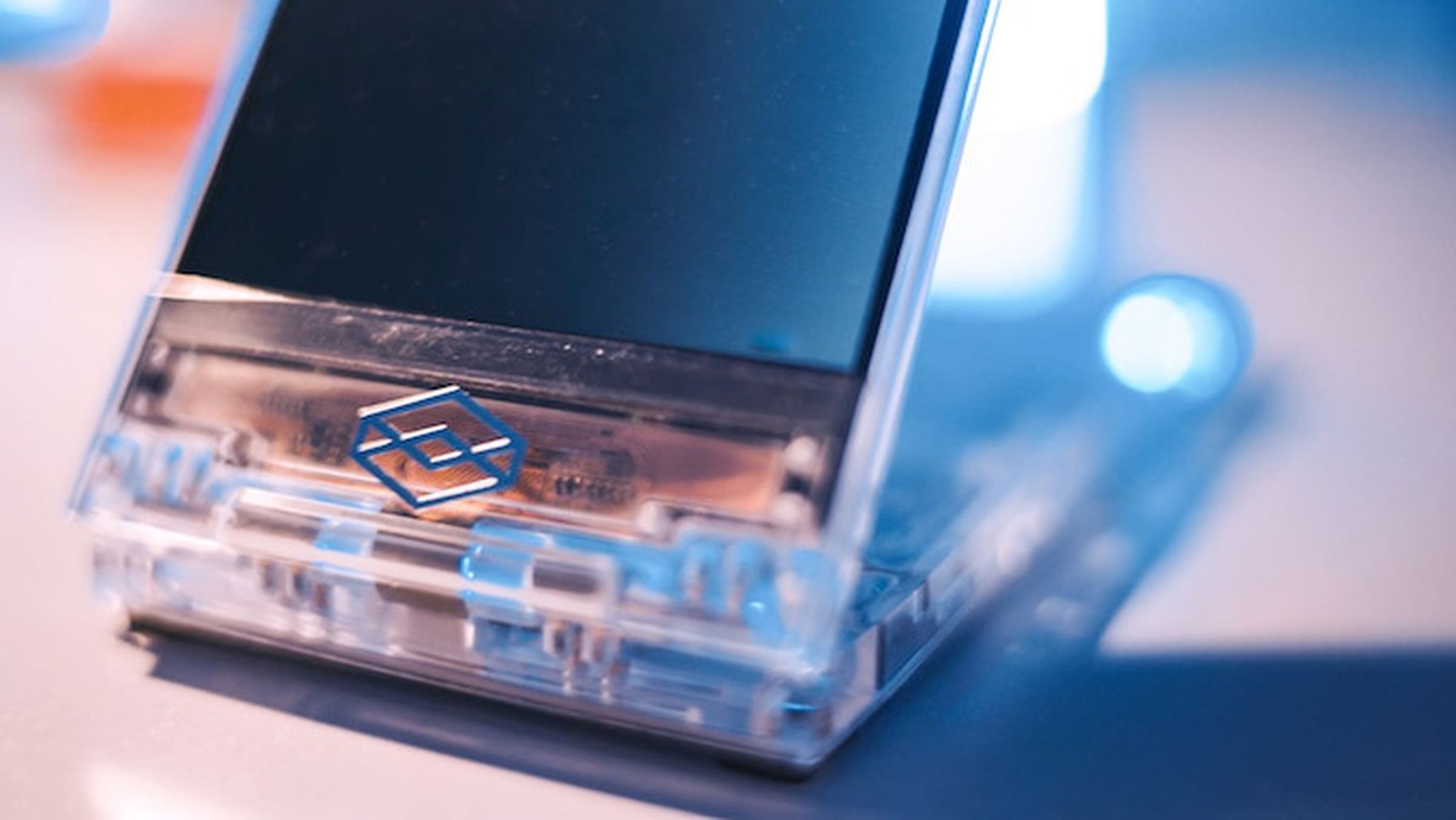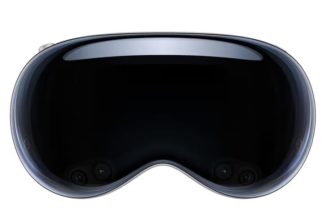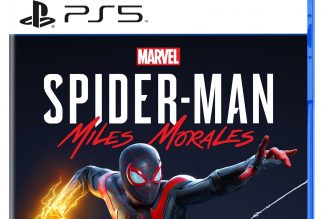We’ve been following Looking Glass for years — it’s one of the few startups dedicated to building 3D displays where digital objects appear to live inside or leap off the screen. In 2020, it introduced a cheaper 7.9-inch desktop model at $349, and today, it’s introducing its most affordable and portable screen yet: the $300 Looking Glass Go.


With a six-inch screen that the company claims is 10 times thinner than previous Looking Glass displays, it’s the first one small enough to fit in your pocket — though you’ll need to plug in USB-C power or an optional external USB-C battery dongle, as it doesn’t have a built-in battery of its own. It’s also the first with built-in Wi-Fi (and also Bluetooth) to “receive holograms from the cloud.”
The six-inch screen should have substantially higher pixel density than its 7.9-inch predecessor, too, at a new 1440 x 2560 (491ppi) versus 1536 x 2048 (325ppi). Whether that translates to clarity depends on other factors, too — though Looking Glass says it offers the same 58-degree viewing angles from up to 100 different perspectives as the 7.9-inch model.
(Perspectives: like most autostereoscopic screens, the Looking Glass doesn’t beam a 3D image everywhere simultaneously. Your eyes have to be at certain angles to the screen to see it properly. That’s why some volumetric displays, including 2014’s New Nintendo 3DS, include face tracking, though face tracking can be less desirable when you want to show a screen to multiple people at once.)
The Looking Glass Go is yet again a Kickstarter project, and the pitch is roughly the same as before — it’s a way to see 3D objects without putting on a VR headset, a way to view spatial photos you might capture with your phone, a way to view emerging forms of 3D images like NeRFs and Gaussian Splats, and perhaps even a way to interact with ChatGPT-powered holographic AI characters. You can see one such interaction in the company’s YouTube video atop this story — I’ll reserve judgment until I can try Looking Glass’ “Liteforms” for myself, but it does seem cool!
Looking Glass is invested enough in the 3D content side of things that it’s actually developed a way to view 3D images without a piece of hardware like this, just by dragging your finger or cursor across images on the web. We embedded a few of the so-called “Looking Glass Blocks” into this Verge story.
But you probably wouldn’t just leave a website open on your desk or pop it into your bag to show off on the go. If that’s something you’re interested in, the company is currently offering the Go for an early bird price of $199 on Kickstarter through December 6th, and orders should ship as soon as June 2024.


Looking Glass says the device is made of steel, glass, and ABS plastic, weighs 235g, measures 0.76 inches (1.9cm) thick, and stands 6.3 inches (16cm) tall and 3.2 inches (8cm) wide. There are forward, back, and pause buttons for slideshows and a 3.5mm audio jack on the side. It doesn’t have a speaker.









